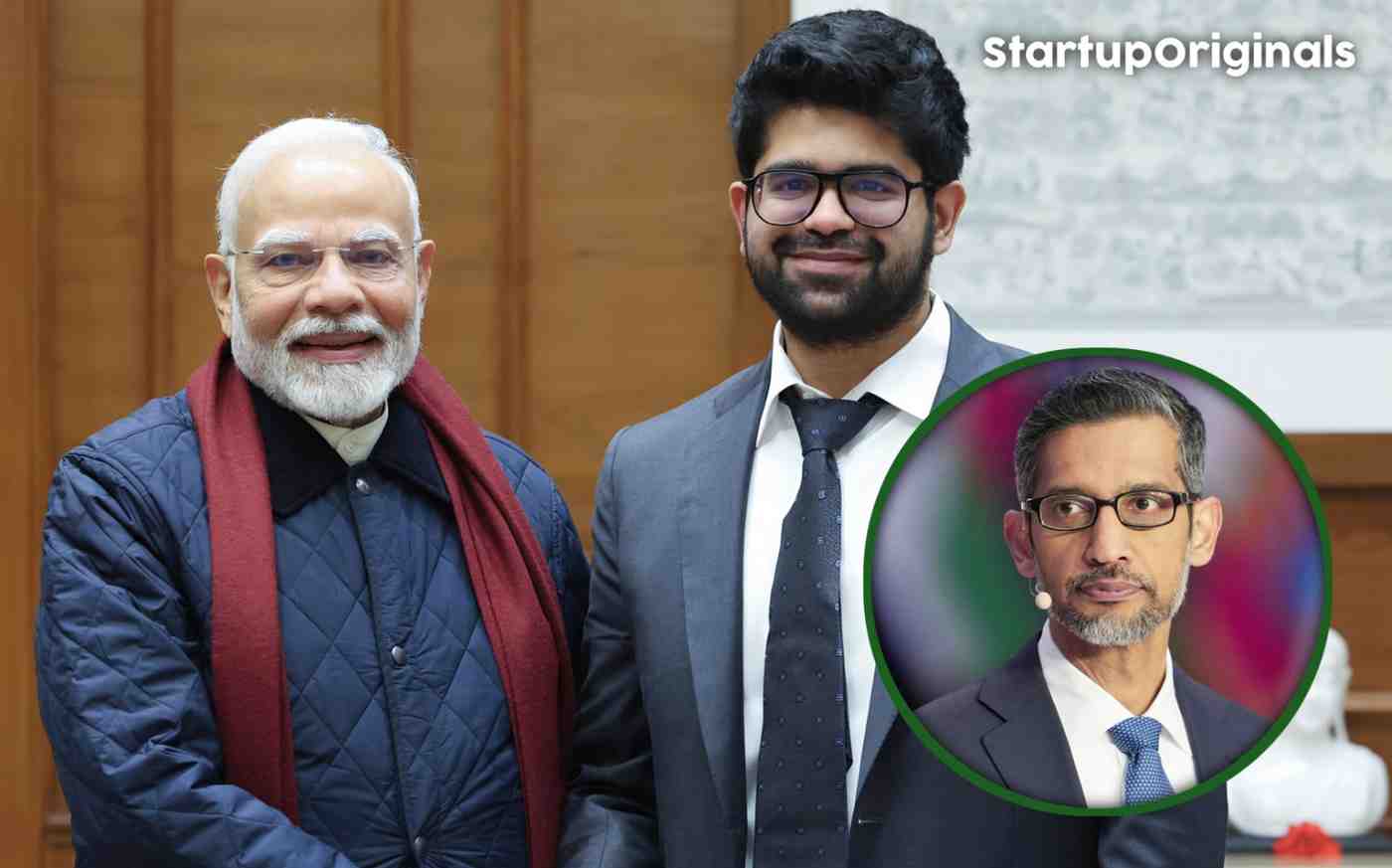
In a move shaking the tech world, Indian-origin CEO Aravind Srinivas and his San Francisco-based AI startup Perplexity have made a formal $34.5billion all-cash offer to acquire Google’s Chrome browser. With regulators worldwide increasing pressure on Google and antitrust remedies looming, this bid is more than just a headline-it’s a statement about the future of web access, user choice, and the growing convergence of AI and browsers.
Why Chrome-and Why Now?
Chrome remains the world’s leading browser, boasting over three billion active users. Recent US antitrust rulings against Google’s search monopoly have raised the possibility that courts might require the tech giant to divest the browser, which is a key gateway for search traffic and AI data. Perplexity, itself valued at $14–18billion, seeks to leapfrog rivals by acquiring Chrome, giving the young AI company instant access to billions of users-and a powerful entry point for its AI-driven services.
According to Aravind Srinivas, Perplexity’s offer “is designed to satisfy an antitrust remedy in highest public interest by placing Chrome with a capable, independent operator focused on continuity, openness, and consumer protection”.
Key Elements of Perplexity’s Proposal
- $34.5 Billion All-Cash Bid: Far exceeding Perplexity’s own valuation, the company claims unnamed investment funds have offered to fully back the deal if Google agrees to sell.
- Chromium Openness and Investment: The company pledges to keep Chrome’s underlying Chromium code open-source and to invest $3billion in its future over the next two years.
- No Forced Default Changes: Perplexity promises never to change user defaults or replace Google as the default search engine without explicit user consent, ensuring transparency and choice for long-time Chrome users.
- Retention of Chrome Team: The startup plans to extend job offers to a substantial portion of Chrome’s current development talent, aiming for “100 months of support and availability” for existing users.
- Antitrust Context: The timing coincides with a US court weighing potential remedies-including a forced Chrome divestiture-against Google’s illegal monopoly in online search.
How Would Perplexity Pay for Chrome?
While Perplexity itself has raised about $1billion and is backed by major names like Nvidia and SoftBank, the details of how it would finance such a large acquisition remain unclear. However, Perplexity insists that confidential discussions with investment funds have secured interest to cover the full bid, pending Google’s agreement.
Can the Deal Happen-and What Comes Next?
Industry analysts and market observers widely view Perplexity’s bid as a huge stretch and unlikely to succeed-at least quickly. Google has already indicated it will appeal any ruling forcing it to sell Chrome, arguing that such a move would set an “unprecedented” standard in tech regulation and could compromise user security.
Yet, with multiple companies (including OpenAI, Yahoo, and private equity firms) also showing interest in Chrome, the Perplexity offer has captured public attention. Even if the deal falls through, the bid shines a spotlight on the strategic role browsers play in the AI age.
Conclusion: Changing the Game for Browsers, AI, and Users
Aravind Srinivas’s surprise $34.5billion bid is more than just a moonshot acquisition attempt-it’s a vision for user-centric, open, AI-empowered web access. Whether or not Google ever seriously negotiates, the offer signals fierce competition for the next platform battle: not just who controls search, but who controls the window to the web itself.




